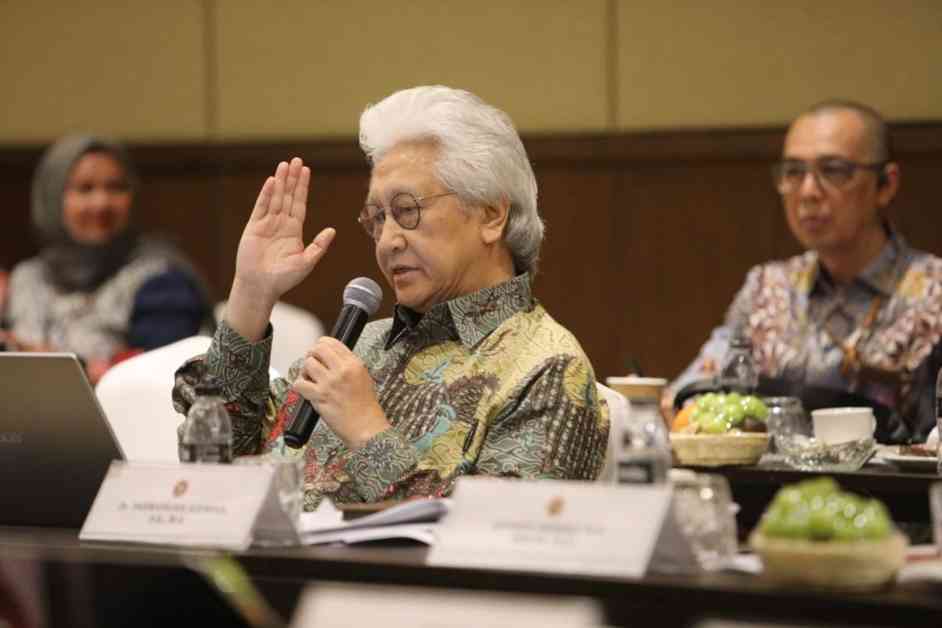Indonesia’s Historic Move to Join BRICS: A Game-Changer in Global Diplomacy
In a historic move, Indonesia has officially joined the BRICS alliance, marking a significant milestone in the country’s foreign policy. Darmansjah Djumala, a member of the Pancasila Ideology Development Agency’s Expert Council for Foreign Relations, highlighted the opportunities and challenges that come with this new chapter in Indonesia’s diplomatic journey.
Swift Acceptance into BRICS
Djumala emphasized that Indonesia’s accession process to BRICS was swift and efficient. Initiated by Foreign Minister Sugiono during the BRICS Summit in Kazan, Russia, in October 2024, Indonesia’s acceptance as a full member was announced by the Brazilian Ministry of Foreign Affairs just two and a half months later. This rapid process underscores Indonesia’s significant role within BRICS, particularly in geopolitics, economics, and diplomacy.
Indonesia’s Role in BRICS
From a geopolitical perspective, Indonesia’s rich history as a pioneer of the Asia-Africa Conference and the Non-Aligned Movement positions the country as a beacon of independence amidst global political pressures. By embracing the free and active principle, Indonesia aims to redefine its diplomatic engagements within BRICS and on the world stage.
On the economic front, Indonesia’s status as a regional economic powerhouse with a large middle class and open market share offers immense potential for contributing to BRICS’ cooperative efforts. As a G20 member, Indonesia can play a pivotal role in enhancing market access and investment flows within the alliance.
In terms of diplomacy, Indonesia’s knack for mediating between nations with diverse interests makes it a valuable asset within BRICS. Djumala highlighted Indonesia’s diplomatic etiquette, rooted in principles of mutual cooperation and dialogue, as a guiding force that can shape BRICS’ interactions with other global economic powers.
Impact on Global Economic Landscape
The BRICS alliance, comprising Brazil, Russia, India, China, South Africa, and now Indonesia, along with twelve partner countries, has the potential to reshape the world’s economic map. Accounting for a significant portion of the world’s GDP and population, BRICS is poised to influence global economic dynamics in the years to come.
As Indonesia embarks on this new chapter as a member of BRICS, the country’s values-driven diplomacy and commitment to unity and dialogue are expected to leave a lasting impact on the alliance’s engagements with other economic blocs worldwide. Indonesia’s entry into BRICS signals a new era of cooperation and collaboration that could redefine the global diplomatic landscape for years to come.






















